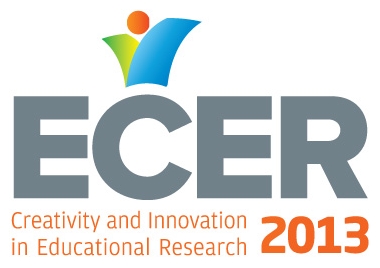99 SES 11: How Can Researchers Have Their Say When It Comes to Political Decisions?
Time: Thursday, 12/Sep/2013: 5:15pm - 6:45pm,
Location: BFSAY - Conference Hall, C Block
There is still a lot to do for research in Europe: Removing those barriers in Europe that still hinder scientific development, creating best conditions for research creativity, spending of money more efficient and channeling more funds into research as an investment in Europe’s future.
Political actors and scientists need to become allies to tackle these challenges. Decision makers need advice from researchers as they know best how science operates. And what’s more, sometimes the political world needs a little push; that’s when science advocacy campaigns are essential to get priorities right, overcome initial resistance and keep things going.
We would like to discuss with the education research community: How shall the scientists’ voice be heard? To which extent can and should researchers be involved in policy processes? Are online-questionnaires appropriate means to consult the communities? Shall scientists get more involved in research policy through the learned societies? How can a campaign be successful?
The Initiative for Science in Europe, of which EERA is a member, is an open platform for learned societies and has recently organised the “No-cuts-on-research.EU” campaign to support the EU research budget.
Speakers:
Peter van der Heyden, DG Research & Innovation, European Commission, Brussels, Belgium
Wolgang Eppenschwandtner, Initiative for Science in Europe, Heidelberg, Germany
Lejf Moos: Aarhus University, Copenhagen, Denmark, President of EERA e.V.
Session Chair:
